Iran categorically rejects US Navy claims of smuggling missile fuel to Yemen
Iran has categorically rejected the US Navy’s claims that the country was trying to smuggle 70 tons of a missile fuel component hidden among bags of fertilizer aboard a ship bound for crisis-stricken Yemen.
In a statement on Thursday, the Permanent Mission of the Islamic Republic of Iran to the United Nations in New York dismissed the allegations as baseless, saying Tehran stands fully committed to the United Nations Security Council Resolution 2216, which imposes an arms embargo on Yemen.
Iran “has not taken any action against the resolution, and is actively cooperating with the sanctions committee formed to oversee the arms embargo,” said the statement, adding that none of the accusations leveled against Iran about arms smuggling to Yemen have been substantiated.
The diplomatic mission further said that “Iran is doing its utmost to restore the truce agreement, and facilitate dialogue among Yemeni groups as soon as possible in order to establish peace and stability in Yemen.”
The US Navy claimed on Tuesday that Coast Guard ship USCGC John Scheuerman and guided-missile destroyer USS The Sullivans stopped a traditional wooden sailing vessel, known as a dhow, in the Sea of Oman on November 8.
It claimed that sailors discovered bags of ammonium perchlorate hidden inside what initially appeared to be a shipment of 100 tons of urea.
The forces further alleged that the amount of ammonium perchlorate discovered could fuel more than a dozen medium-range ballistic missiles that fighters for the popular Ansarullah resistance movement have used to target facilities inside Saudi Arabia and the United Arab Emirates (UAE) in retaliatory strikes.
Earlier this month, the head of Yemen’s Supreme Political Council hit out at US Special Envoy for Yemen Tim Lenderking for scuttling efforts to extend a UN-brokered truce, describing the situation in his country as a time bomb.
“We are in a no-peace, no-war state. While we had reached a good level of understanding during previous rounds of talks, the American envoy’s trip to the region thwarted those efforts,” Yemen’s official Saba news agency quoted Mahdi al-Mashat as saying in Sana’a on November 7.
“While the US envoy pretends to be a peace dove, he is rather an ill-omened owl,” al-Mashat said, referring to Lenderking’s journey to the region starting on October 11 to purportedly support the UN-led negotiations to extend the truce in Yemen.
Citing the US envoy’s “malicious role” in the failure of the peace talks, Mashat said “some aggressor countries” which benefit from the war in Yemen are pushing the country toward a “political and military explosion.”
Saudi Arabia launched the devastating war on Yemen in March 2015 in collaboration with its Arab allies and with arms and logistics support from the US and other Western states.
The objective was to reinstall the Riyadh-friendly regime of Abd Rabbuh Mansour Hadi and crush the Ansarullah resistance movement, which has been running state affairs in the absence of a functional government in Yemen.
While the Saudi-led coalition has failed to meet any of its objectives, the war has killed hundreds of thousands of Yemenis and spawned the world’s worst humanitarian crisis.
'Capitulation': Israeli officials and media concede Gaza defeat as truce unfolds
'Gaza has won': Social media users react to ceasefire with mix of relief, joy
Iran seeks South Korea’s assistance for AI, fiber-optic projects
VIDEO | Iran's 'Eqtedar' (Power) maneuver
Israel hits HTS military target in Syria for 1st time since fall of Assad
VIDEO | Press TV's news headlines
Israel has slaughtered 13,000 students in Gaza, West Bank
VIDEO | More Zionist than Zionists: Biden’s legacy to be defined by Gaza genocide


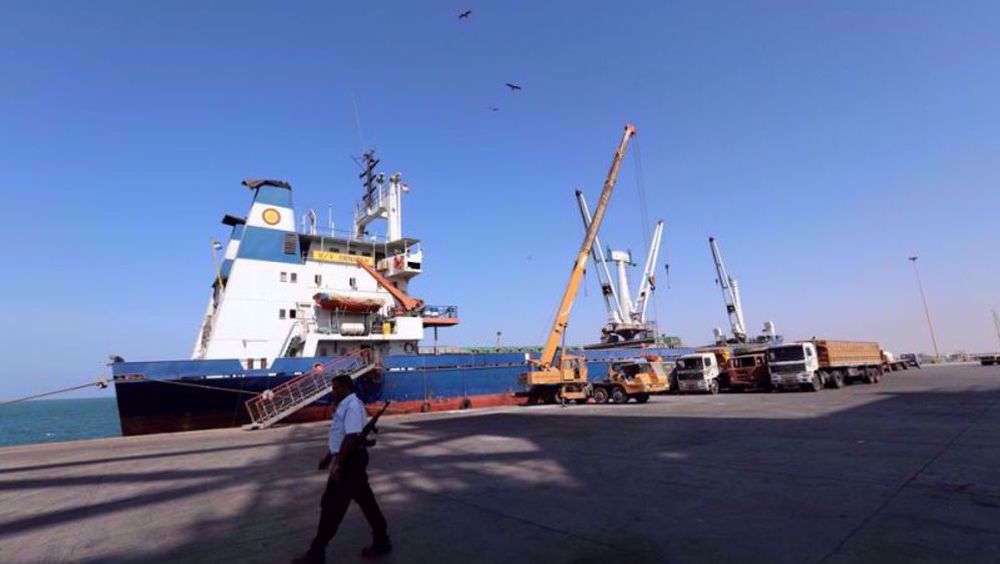
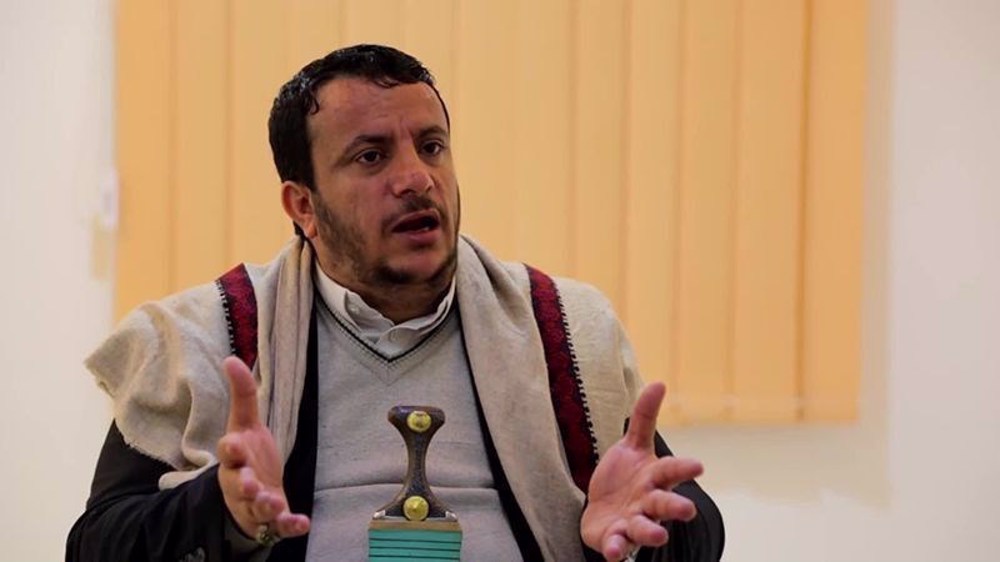









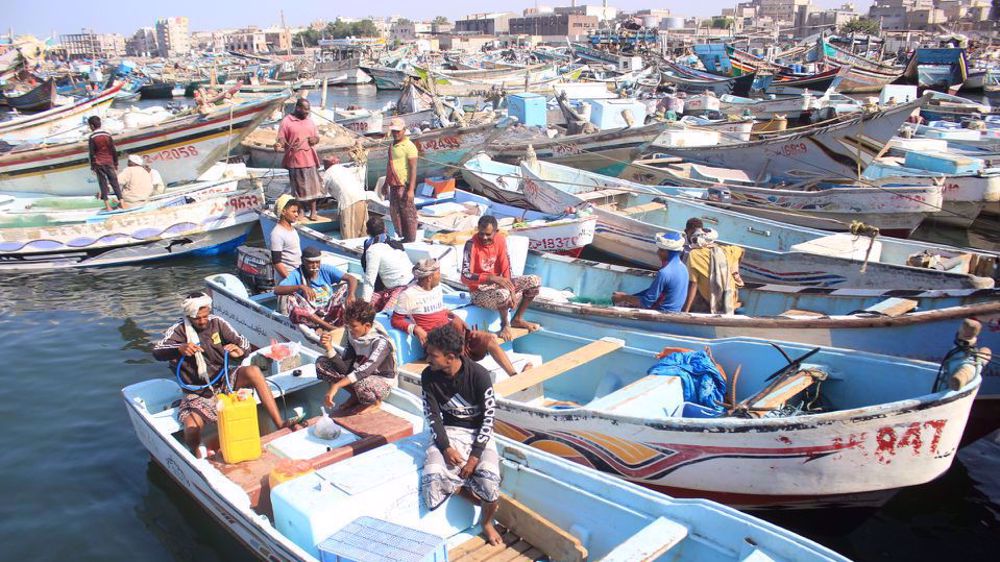


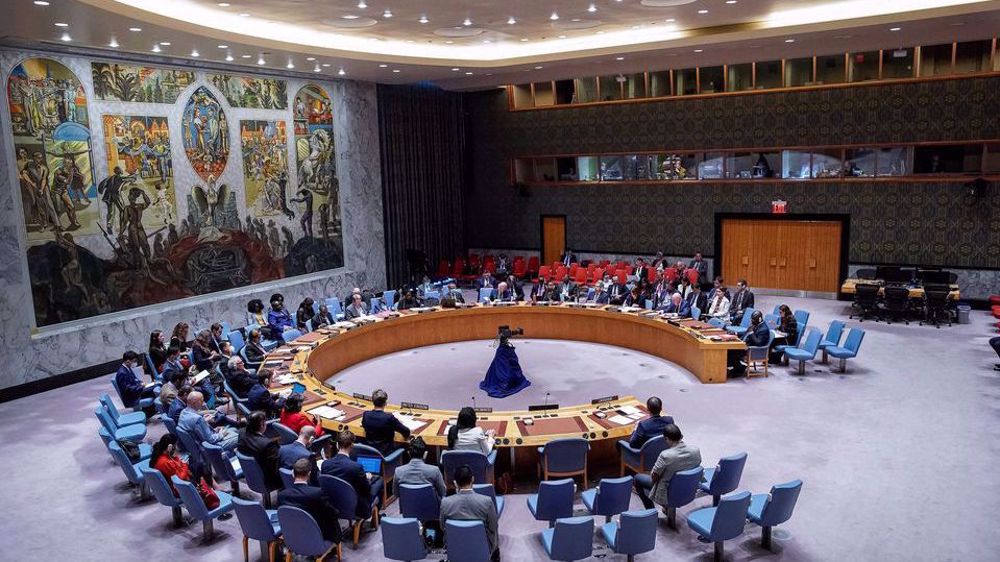
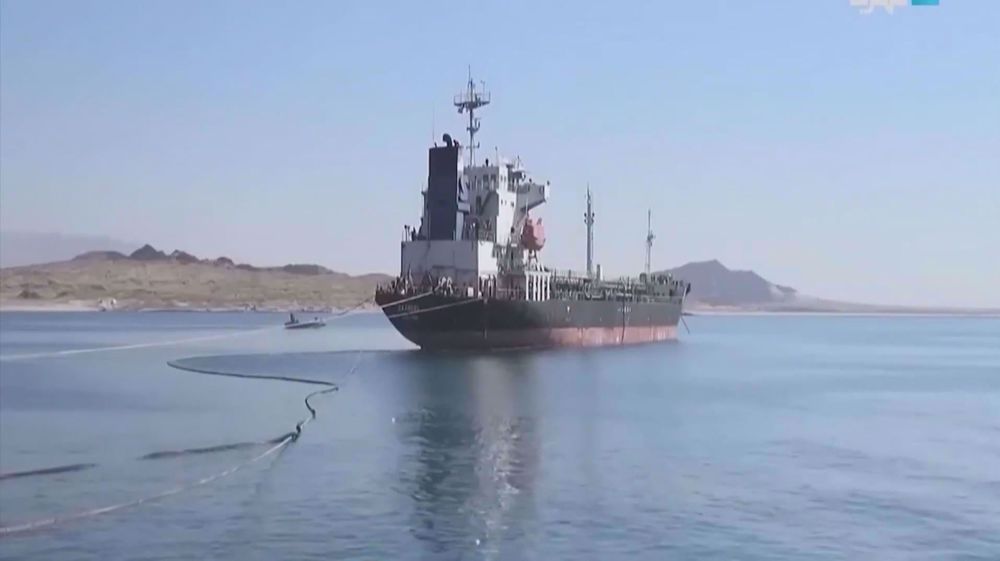
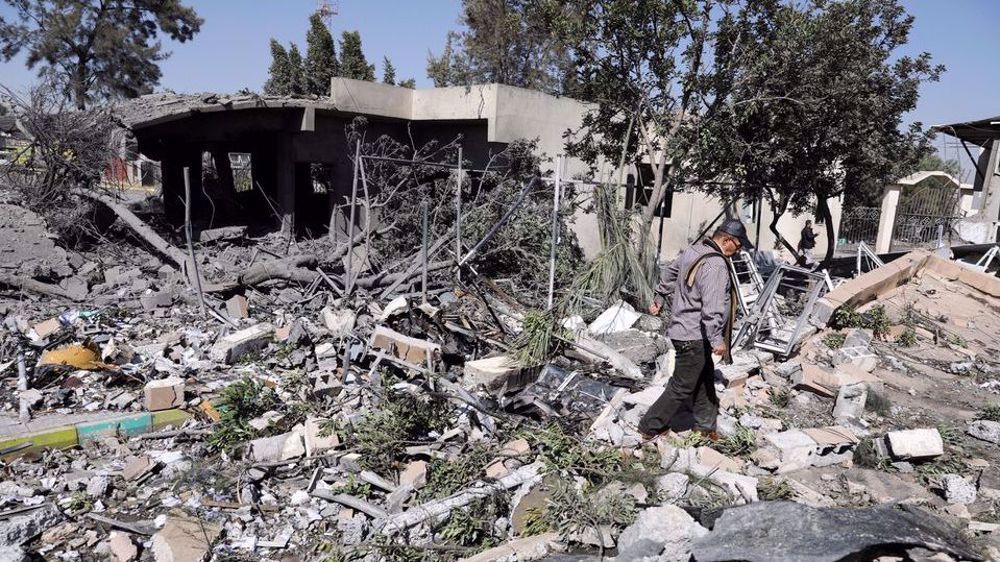
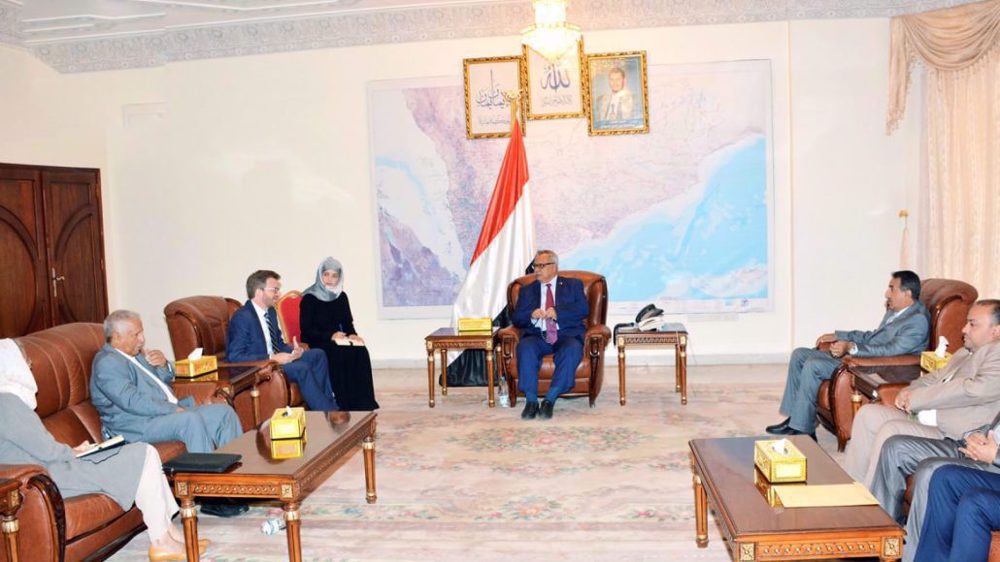

 This makes it easy to access the Press TV website
This makes it easy to access the Press TV website